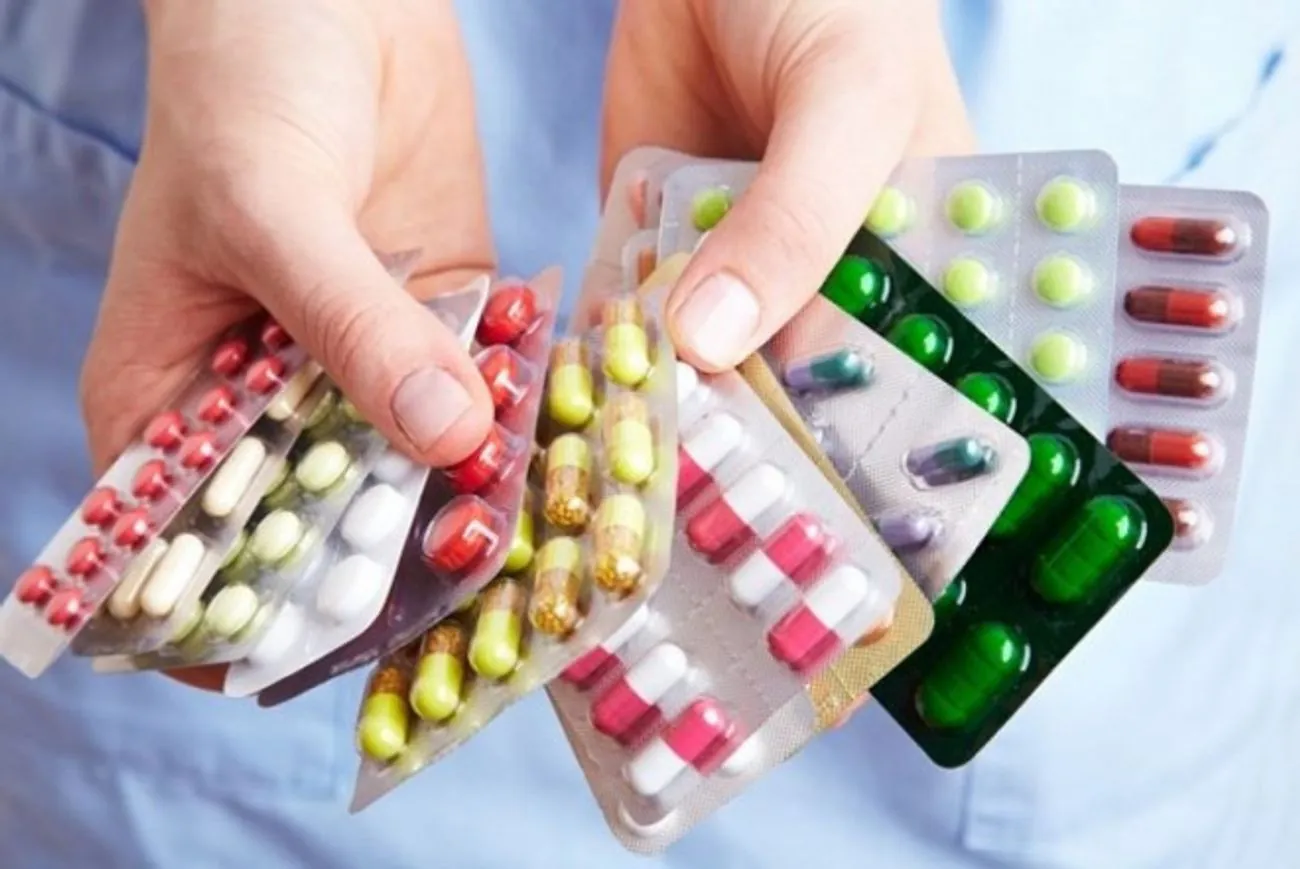“Imitation of reform and procrastination: why drug prices in Ukraine have not yet decreasedThe ban on marketing services for pharmacies, introduced in March 2025, did not lead to a decrease in drug prices, but only
increased the profits of pharmaceutical manufacturers. The relevant parliamentary subcommittee promises to develop a new model,
but the process is being delayed.
”, — write: unn.ua
After a sharp increase in drug prices in 2024, the state decided to regulate the pharmaceutical market, which was supposed to lead to cheaper drugs. At the initiative of one of the largest manufacturers, a ban on marketing services for pharmacies was introduced from March 1, 2025. During the discussion, the necessity of this step was argued by the fact that they were forced to give up to 60% of the drug’s price to retail, and therefore the ban on marketing payments would make drugs cheaper.
At that time, both the Ministry of Health and the government listened to this thesis and banned marketing. However, within a month it became clear that the ban had no effect.
Manufacturers saved on marketing costs — but did these funds go to lower prices for the patient? Or is it just additional profit for the manufacturer? There is no answer yet
According to experts, the ban allowed manufacturers to save up to UAH 500 million monthly. But it was introduced temporarily — with the aim of finding a new, balanced model of interaction between pharmacies and manufacturers. In parallel, the restriction on markups for pharmacies and drug distributors also continued to operate. However, more than four months have passed, and no positive effect has appeared.
On the contrary, the Ministry of Health itself has already acknowledged that the markup of pharmacies and distributors, which the state clearly limited, is not the main reason for high prices, as are the marketing services that pharmacies provide to manufacturers. Instead, the ex-factory prices of manufacturers, which, we remind you, form more than 70% of the final cost of the drug, remain outside state control. And it is precisely these prices that, after the abolition of marketing costs, have not only not decreased — in some cases, they have even increased.
A new attempt to regulate the situation with the pharmaceutical market was delegated to the parliament, namely to the Verkhovna Rada subcommittee on pharmacy and pharmaceutical activity, headed by MP Serhiy Kuzminykh, known for his loyalty to the pharmaceutical manufacturer “Darnytsia”. The subcommittee, together with professional associations and market representatives, must develop a marketing model, including its percentage dimension. The first constituent meeting has already taken place — and, as expected, some participants promoted the thesis that the temporary marketing ban should be made permanent.
It seems that all the work on developing a new model is just a convenient screen. Its real goal is to drag out time and allow manufacturers to continue accumulating profits at the expense of other market players. The interests of patients and small businesses in this situation, it seems, have long been forgotten. It is increasingly difficult for small pharmacies to survive under strict regulation, and small drug manufacturers cannot compete with pharmaceutical giants.
Meanwhile, Ukrainians are feeling the consequences of this “reform”: medicines have not become cheaper, and in some cases have even become more expensive. Therefore, it is important that the relevant subcommittee promptly develops a solution, rather than entering a mode of talking down the problem.
